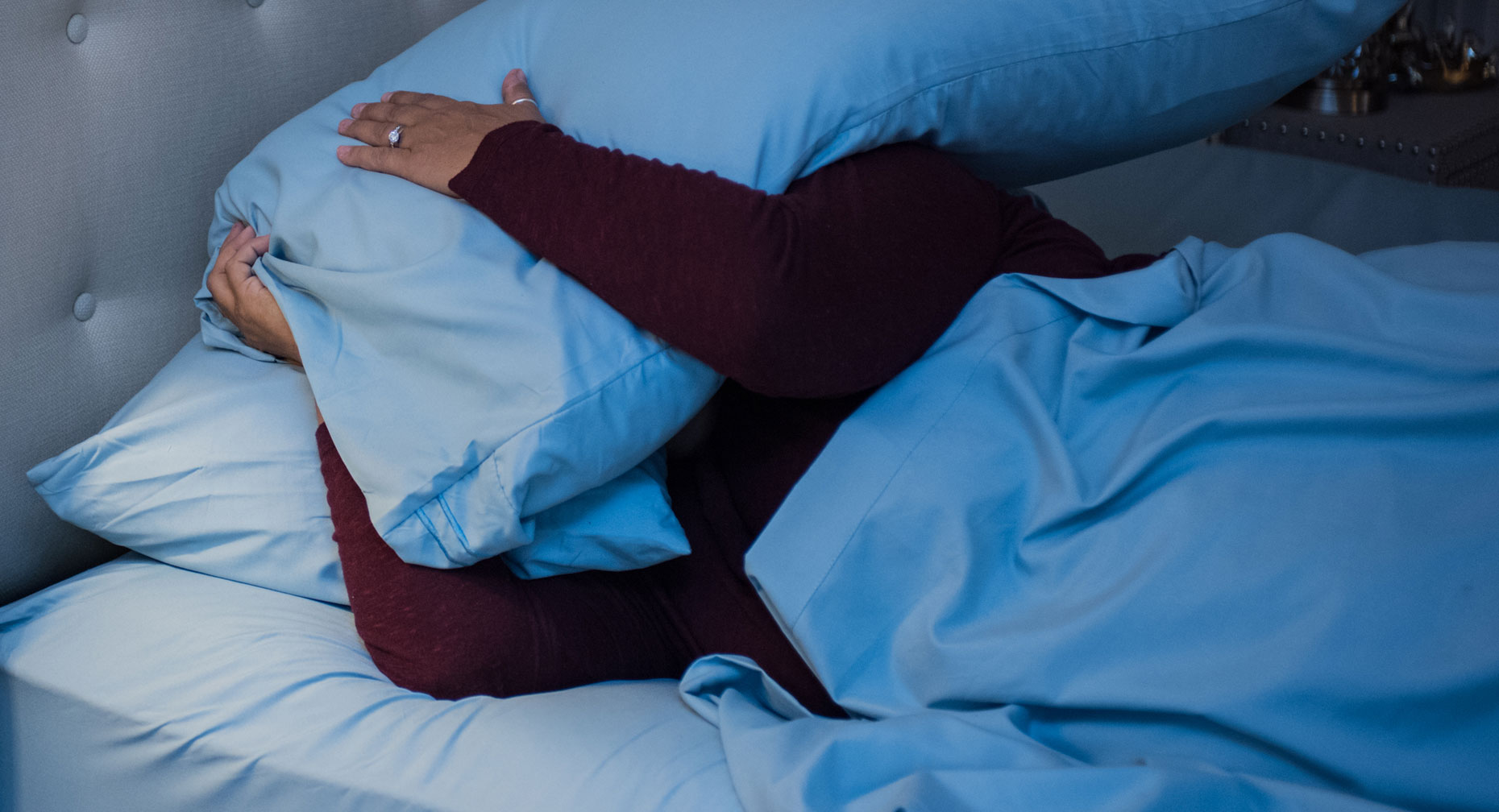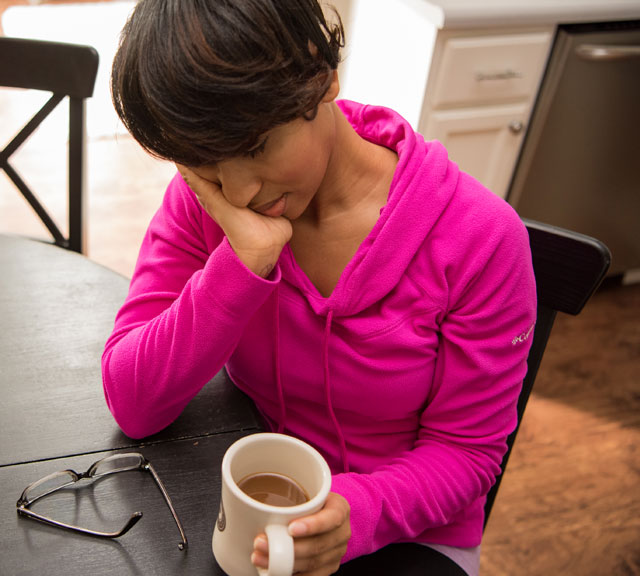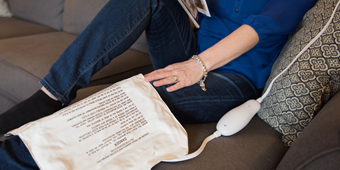Is a Sleep Study In Your Future?

Answer a few questions and we'll provide you with a list of primary care providers that best fit your needs.
Have trouble sleeping? Feel exhausted most days? If the answer is yes, you may have a sleep disorder. You have plenty of drowsy-eyed company according to the National Institutes of Health that says chronic sleep disorders affect 50 to 70 million Americans.
Not all sleep problems look the same. You may be getting too much slumber, or not enough. While a sleep problem might not seem significant, it can wreak havoc on everything from your work life to personal relationships. A sleep study can help diagnose a disorder so you can take steps to better rest — and better health.
How Do I Know If I Need a Sleep Study?
Wondering if you might benefit from a sleep study? Consider these questions:
- Do I often have trouble getting to sleep or staying asleep?
- Do I snore?
- Have I been told that I pause while breathing or gasp for breath when I’m asleep?
- Do I have restless legs at night? Do they tingle, itch, pull or ache in ways that that make me want to move, walk or kick them for relief?
- Am I so tired when I wake up that I can’t function?
- Do I feel sleepy or tired for more than 2 or 3 weeks?
If any of these is true for you, talk to your health care provider about having a complete sleep evaluation.
What Can a Sleep Study Tell Me?
A sleep study, also known as a polysomnography, will help diagnose possible sleep disorders including:
- Obstructive sleep apnea (periods when breathing stops)
- Excessive snoring
- Narcolepsy (sudden onset of sleep)
- Insomnia (inability to sleep)
- Periodic limb movements disorder (moving your legs often during sleep)
- REM behavior disorder (physically acting out your dreams during sleep)
What to Expect During Your Sleep Study
You can have a sleep study either at a sleep center or in your home. Both gather similar information about your sleep habits.
Not all sleep problems look the same.
In a Sleep Center
Most sleep studies happen in a , where you stay overnight. You’ll sleep in a comfortable private room, and a technician will help you get you ready. A few details:
- You will have electrodes placed on your chin, scalp and outer edge of your eyelids. They signal when you are awake and when you sleep. This test measures how long it takes you to fall asleep and how long it takes you to enter REM sleep (when you dream).
- You will have monitors that record your heart rate and breathing attached to your chest. They remain in place while you sleep.
- A specially trained health professional observes you while you sleep and notes any changes in your breathing or heart rate.
- The test will record how often you stop — or almost stop — breathing.
At Home
In some cases, you can have a sleep study at home. This test will provide most of the same information as a clinical study. You will use a special computer that you take home, and will be trained on how to use it. You will:
- Attach the sensors to your body to measure your breathing, oxygen level and other bodily functions
- Plug the sensors into the computer and turn it on at bedtime
- Remove the sensors and return the computer in the morning
Next Steps
Your doctor will get your results in a week or two. Based on what you learn from the study, you can plan together on your next best steps to get the sweet shuteye your body deserves.
Answer a few questions and we'll provide you with a list of primary care providers that best fit your needs.
Source: Sleep Foundation; MedLine Plus




